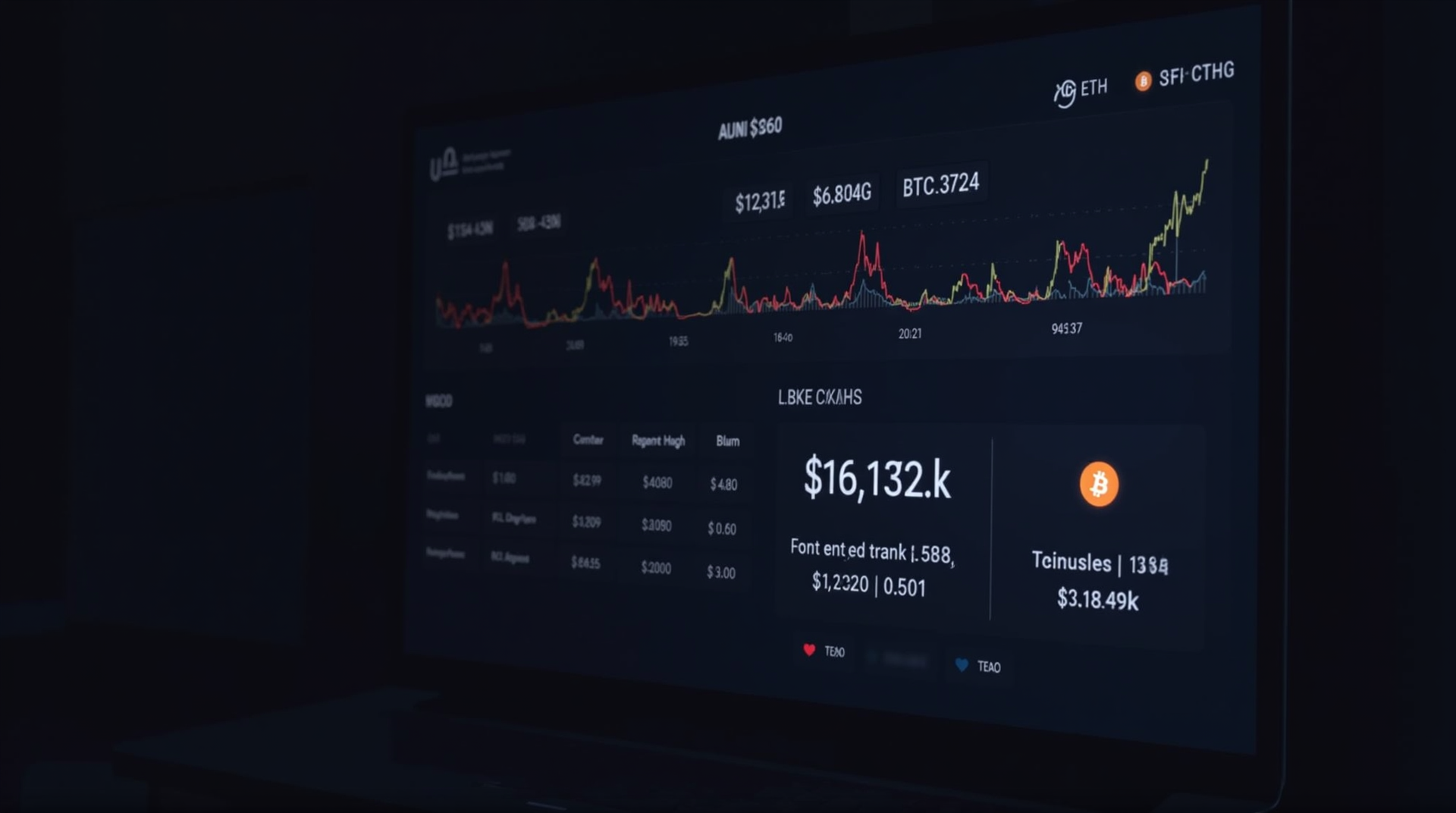On September 22, 2025, the cryptocurrency market experienced a significant shakeout, with over $1.5 billion in leveraged positions forcibly closed. The sell-off was led by Ether (ETH) and Dogecoin (DOGE), contributing to a drop that pushed Bitcoin (BTC) below the $112,000 level. This event underscores the inherent risks of high leverage and its impact on market liquidity.
Context and Impact of the Liquidation Cascade
The liquidation was primarily driven by a market-wide correction that hit altcoins particularly hard. The situation unfolded through several key mechanisms:
-
Price Triggers: Bitcoin’s price was rejected near a significant resistance level around $117,000, initiating a downward move. This triggered a cascade of automatic sell-offs as prices fell toward and below key support levels.
-
Magnitude of Liquidations: The event led to the largest single liquidation event of the year, with total liquidations exceeding $1.5 billion in a 24-hour period. The vast majority of these were long positions, meaning traders who had bet on prices rising were caught off guard. Over 407,000 traders saw their positions liquidated.
-
Altcoin Underperformance: While Bitcoin fell nearly 3%, altcoins experienced much steeper declines. Ether dropped as much as 9% to $4,075, and Dogecoin slumped over 10%. Other major tokens like Solana (SOL) and Cardano (ADA) also saw losses of at least 5%.

Broader Effects and Implications
This event highlights several critical vulnerabilities and lessons for market participants:
-
Leverage Risk: The market had built up a large concentration of leveraged long positions. When the price moved against these traders, it created a chain reaction of forced selling, amplifying the downturn and increasing volatility. This demonstrates how leverage can exponentially increase risk.
-
Liquidity and Sentiment Pressure: Such events can cause liquidity to vanish quickly, leading to significant slippage and worse execution prices for traders. Furthermore, they can damage market confidence, potentially leading to increased regulatory scrutiny and affecting flows into crypto-related instruments like ETFs.
-
A Lesson in Risk Management: The scale of the liquidations serves as a stark reminder of the importance of careful position sizing, using stop-loss orders, and maintaining healthy margin levels to avoid being forced out of positions during normal market fluctuations.
In the short term, the market’s direction will likely depend on upcoming economic data and signals from central banks like the Federal Reserve. Traders will be watching to see if the market stabilizes or if volatility remains high.
I hope this overview provides a clearer picture of the recent market event. Would you like a more detailed look at the specific price levels or liquidation data for any of the mentioned cryptocurrencies?


